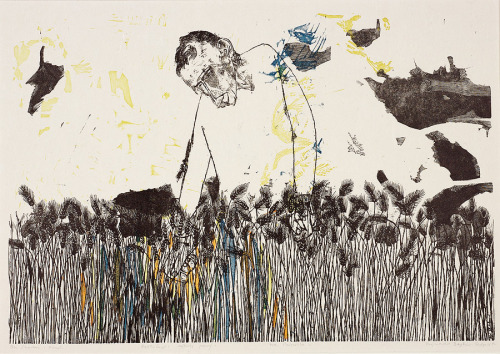What of the word skeleton? From the Greek, skeletos, it meant...

What of the word skeleton? From the Greek, skeletos, it meant dried up, like a mummy. Modern Latin’s sceleton was the bony framework of the body, circa 1570. I like the word. In part for that gentle L which dominates and lengthens it. In part because the letters, those tall stalks in K, E, L, T, imitate bones themselves. Strong in form, soft in sound. Skeleton.
Bones appeal. I like November when the bones start to show, when the landscape sheds its dress. I like framing walls, to create the skeleton of a room, the bones off which will hang the flesh of walls, which in turn will keep you warm, keep you safe, keep private things private. We’ve been framing a bathroom in a dim cold basement which feels dimmer and colder when we head outside for lunch and the forsythia glows yellow on the side yard, and the azalea looks the color of the flesh of some tropical fruit, and the grass, after months under snow, blazes green. The trees are growing into their summer clothes.
Seeing the skeleton calms: below the flesh we find something to understand. Leaves fall, a wall is framed, and it feels like a truth is revealed, or maybe, more so, that certain secrets aren’t being kept.
I fret about the secrets the body keeps. I fret about the mysteries we can’t see taking place below the skin. Bones break, but even that feels orderly and fixable. It’s the softer stuff, wetter and darker, where the unknowns and non-understanderables accumulate, and the word organ has that wetness to it, a dark wetness, livery, slick, and not like skeleton at all.
[Leonard Baskin, Beatitude, wood engraving, 1954.]



